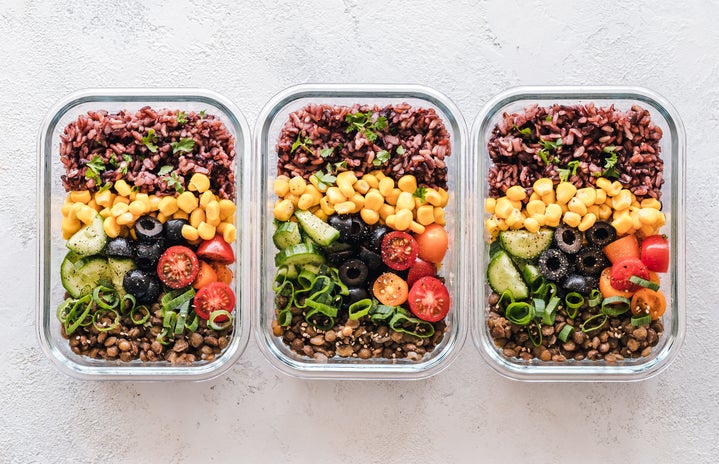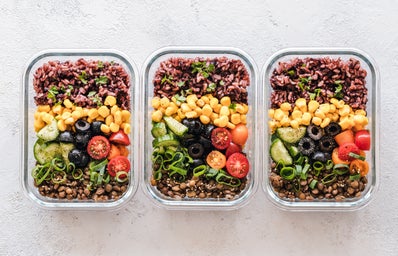There was nothing I loved more as a child than my grandmother’s soul food. We typically only had it at our holiday parties and family get-togethers and it was something that always bonded us as a family and bonds us, more broadly, as a community of southern black people. Soul food has a long and powerful history within the black community and bonds us together, regardless of whether or not we know each other personally.
Food is one of the most important aspects of cultural expression and identity; everyone has a special dish that makes them feel at home. These are typically dishes from their ethnic backgrounds. Food makes us feel connected to our roots and to those in our communities. So, what happens when you belong to one of these communities and don’t have the ability to connect in this way?
I didn’t start cooking until I came to Georgia Tech and it was disheartening to find that I would crave soul food but didn’t know how to make it for myself. And it was even more disheartening when I realized that so many other students my age did know how to make dishes from their culture. My boyfriend is Caribbean and is always cooking Jamaican food and I have friends on campus who know how to make signature dishes from their cultures. It feels as if I’ve failed to connect to my own culture in the same way and am a bit alienated from it as a result. And as a black woman on a campus that is predominantly white and Asian, the sense of alienation from my own culture only increases.
So this raises the question: does the loss of connection to your ethnic food culture mean loss of connection to the culture itself? In short: no. While food is a huge part of what connects us to our cultural background and allows us to express this connection, it is not the central defining feature of culture. If you desire to express your connection to your ethnic roots in this way, then you should actively look for ways to do so but recognize it’s not the only way. Cultural expression exists within music and within art and within fashion and, most essentially, within people. The relationship you have with your cultural community and the relationship you have with yourself regarding your cultural identity are the most important factors of expression.


